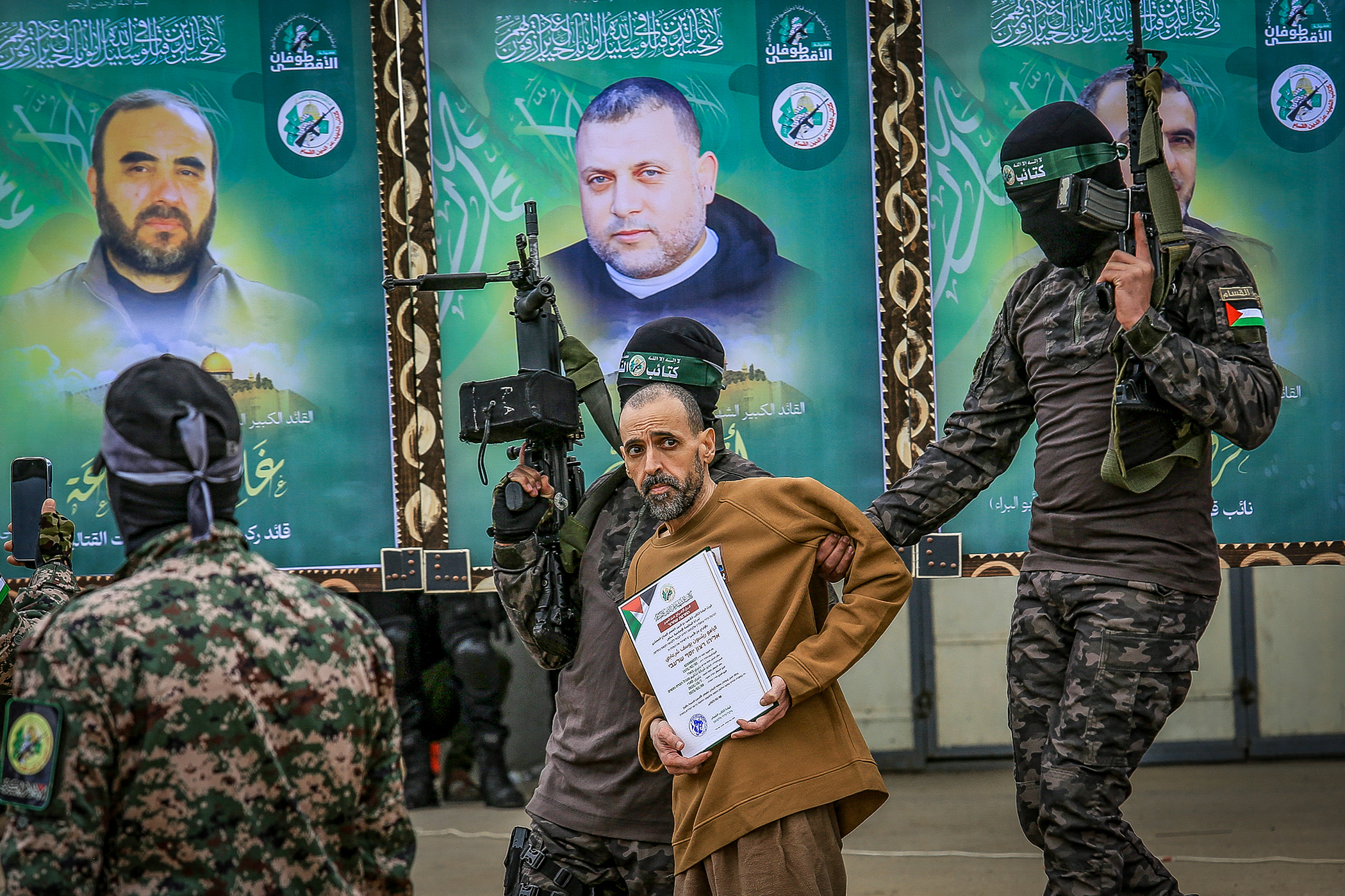As Phase One of the ceasefire process ends, Hamas refused Israel’s offer to extend the ceasefire by one week, increase humanitarian aid, and release more terrorists from Israeli prisons in exchange for the release of five living hostages and the bodies of ten more hostages. Israel gave Hamas until Friday night to accept the offer, but Hamas rejected it; however, Hamas informed mediators that they rejected the offer.
The first 42-day phase of the agreement formally expired on Saturday. Thirty-three Israeli hostages have been released — eight of them dead, along with five Thai nationals. Nearly 2,000 Palestinian prisoners have been freed.
On Sunday, the Israeli government announced that it would block the entry of all goods and supplies into Gaza. It warned of “additional consequences” if Hamas doesn’t accept a new proposal to extend the ceasefire. An Israeli official told The Jerusalem Post that the move was a recommendation from Trump’s Mideast envoy, Steve Witkoff, which would extend the ceasefire through Ramadan and Passover, during which all hostages could potentially be released.
“With the completion of the first phase of the hostage deal and in light of Hamas’s refusal to accept the Witkoff framework for continuing negotiations — which Israel had agreed to — Prime Minister Netanyahu has decided that, as of this morning, the entry of all goods and supplies into the Gaza Strip will be halted,” the statement read.
According to Witkoff’s proposal, half of the remaining hostages — living and dead — would be released on the first day of the extended ceasefire, and the remaining captives would be released at the end of the period if a permanent ceasefire is reached.
Hamas has so far rejected the US plan.
Hamas is currently holding 24 hostagers that are believed to be alive and the bodies of at least 35 confirmed dead by the IDF.




